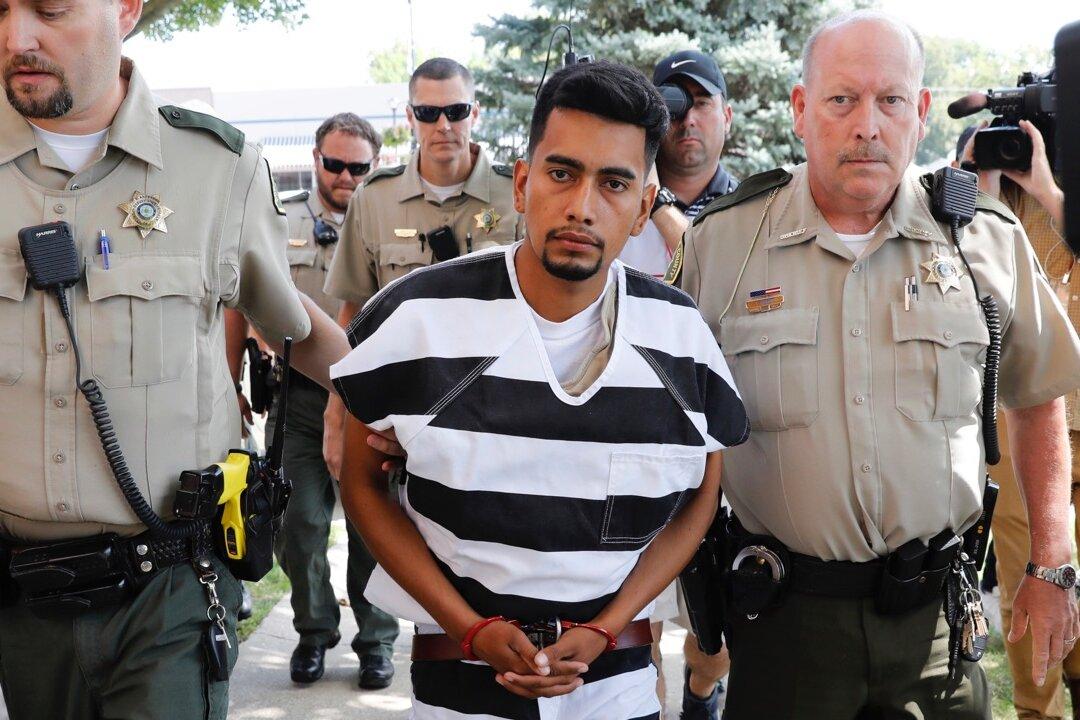IOWA CITY, Iowa—In a victory for prosecutors, a judge ruled Monday that they can use key evidence at trial against the migrant worker charged with killing University of Iowa student Mollie Tibbetts.
Judge Joel Yates agreed with prosecutors that some statements made by the defendant, Cristhian Bahena Rivera, must be suppressed because they came during an interrogation after he was not fully read his legal rights.





